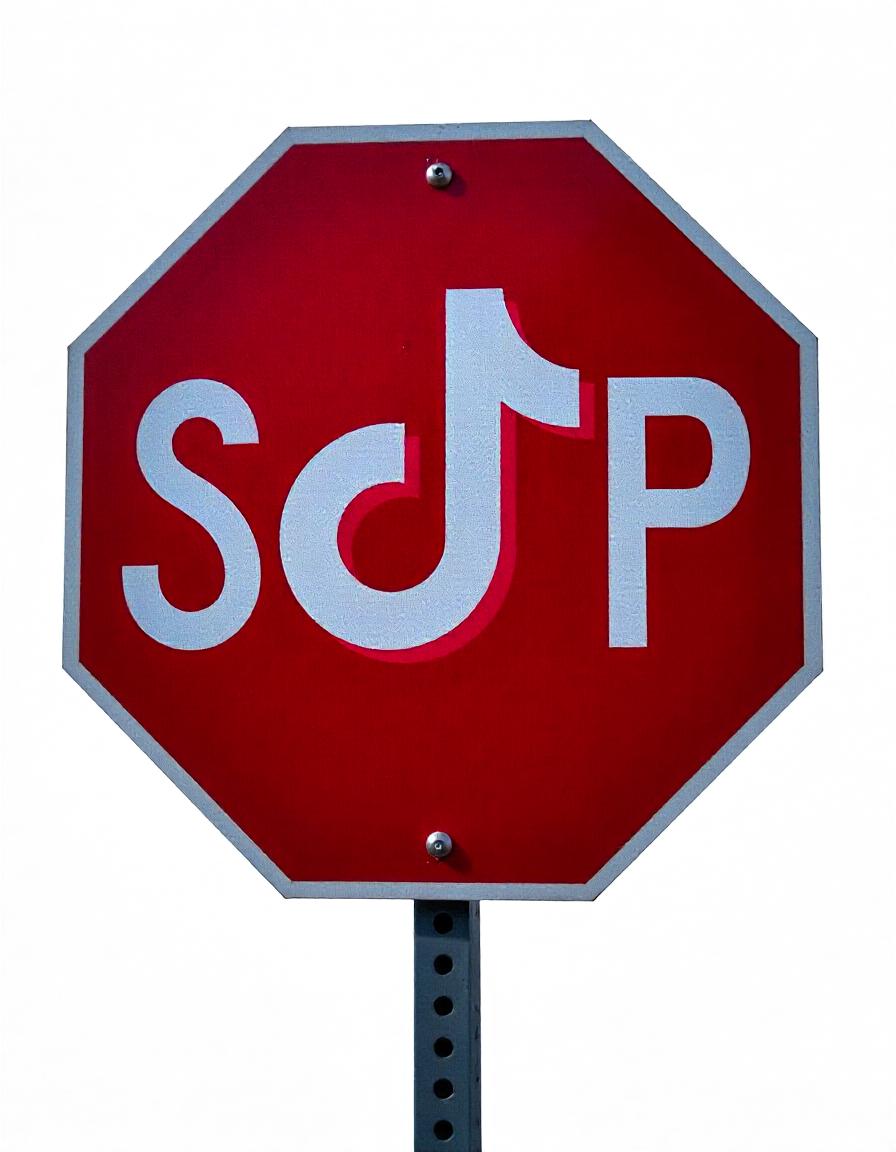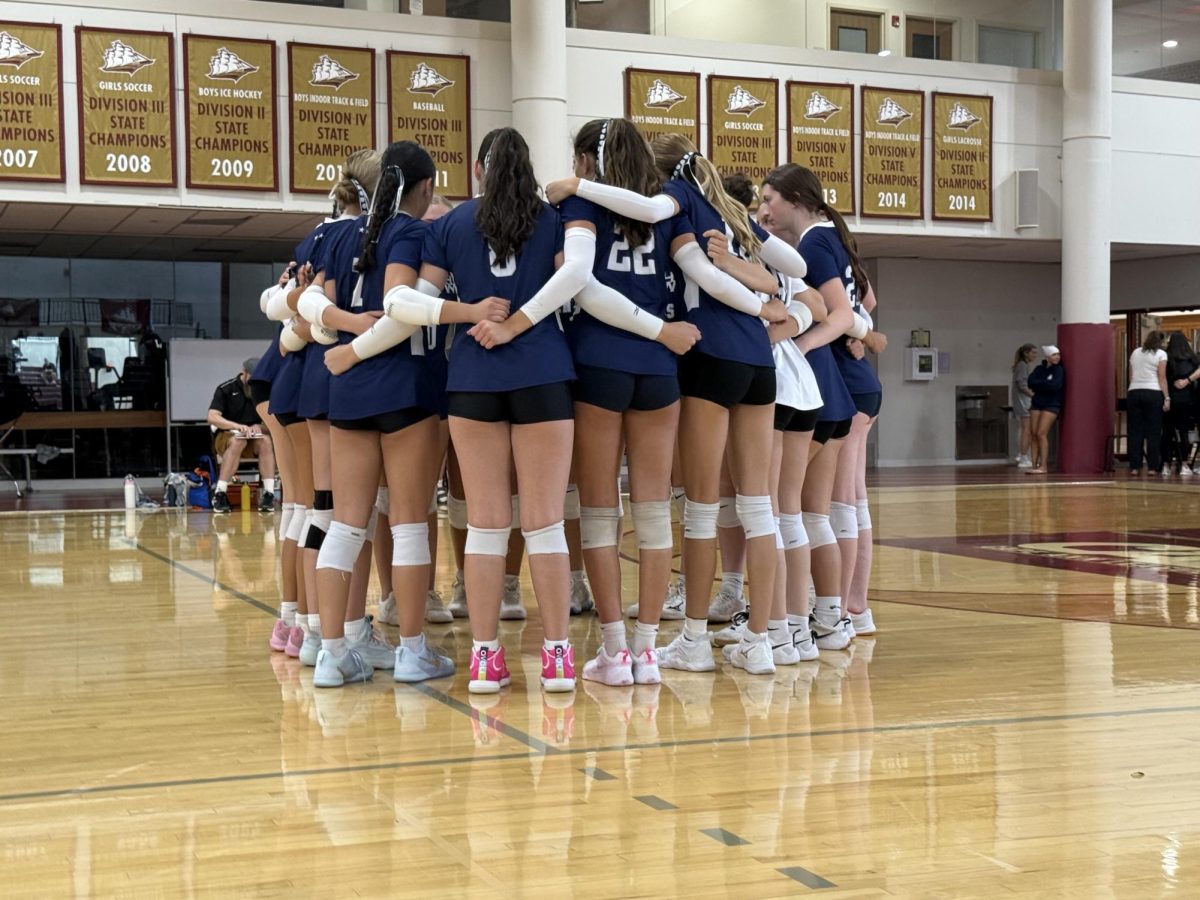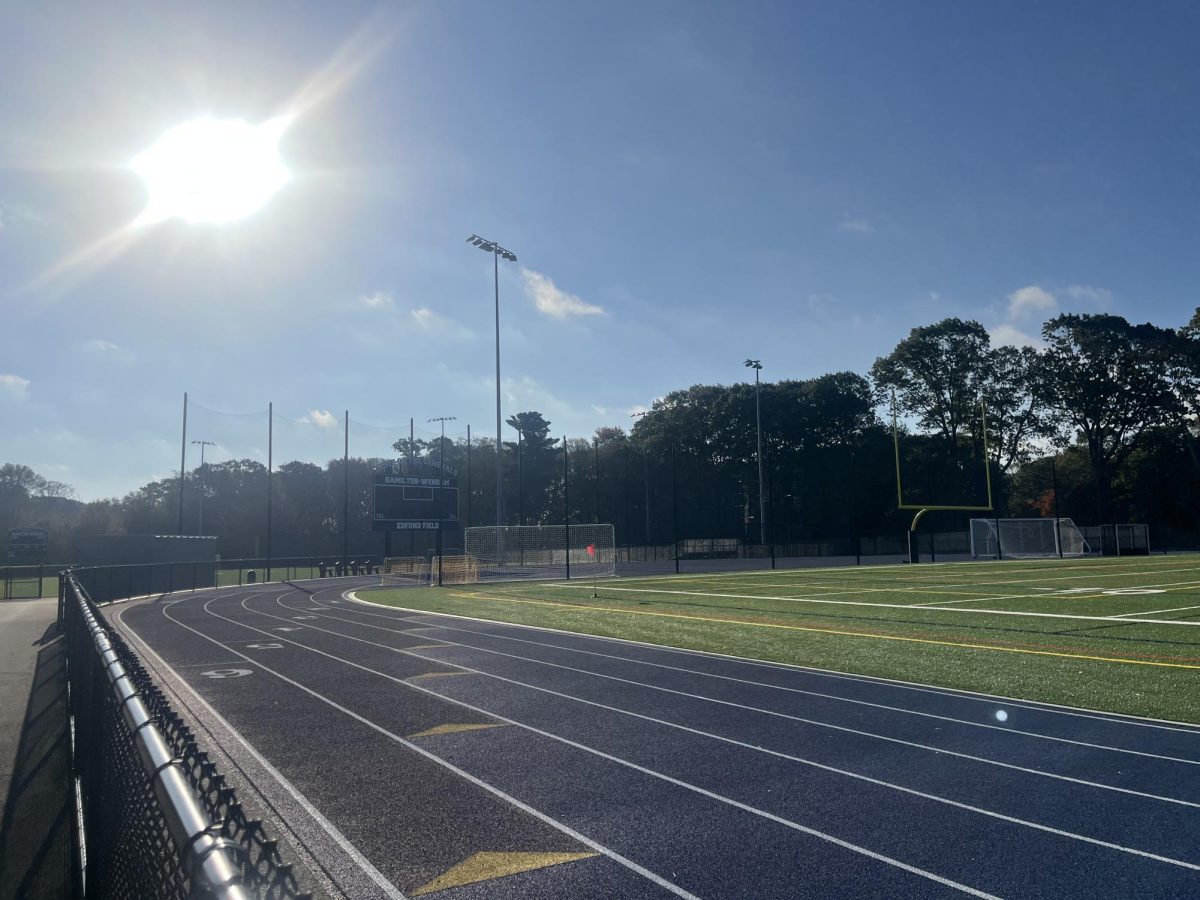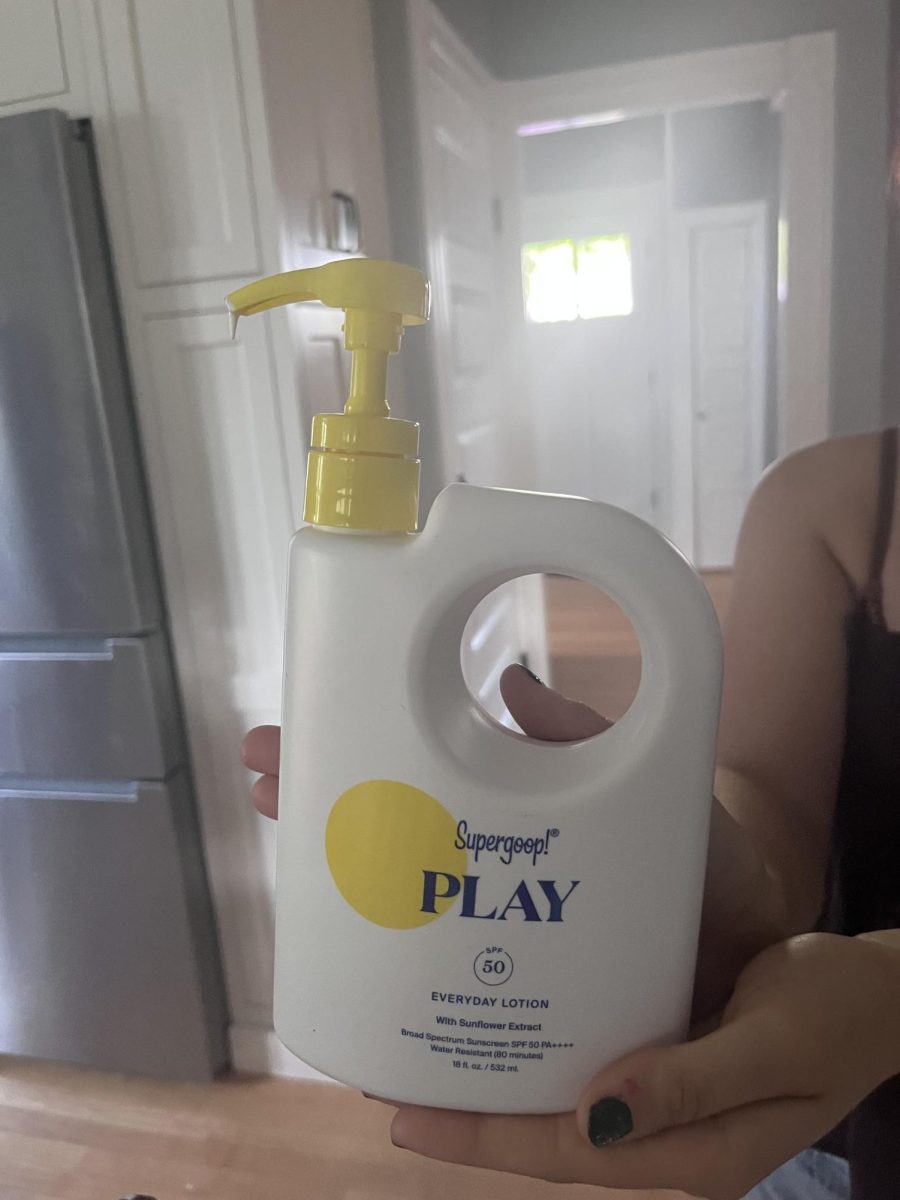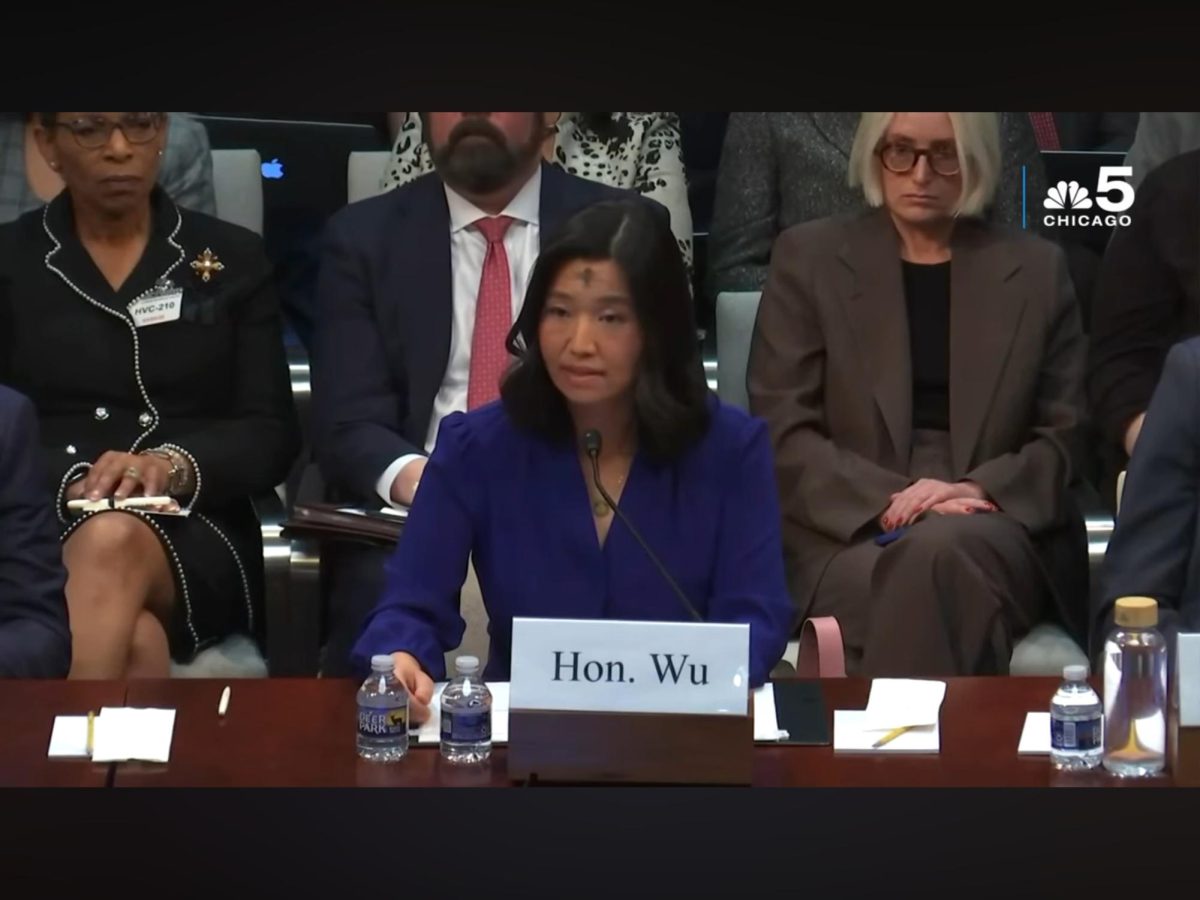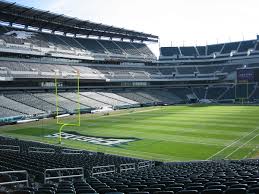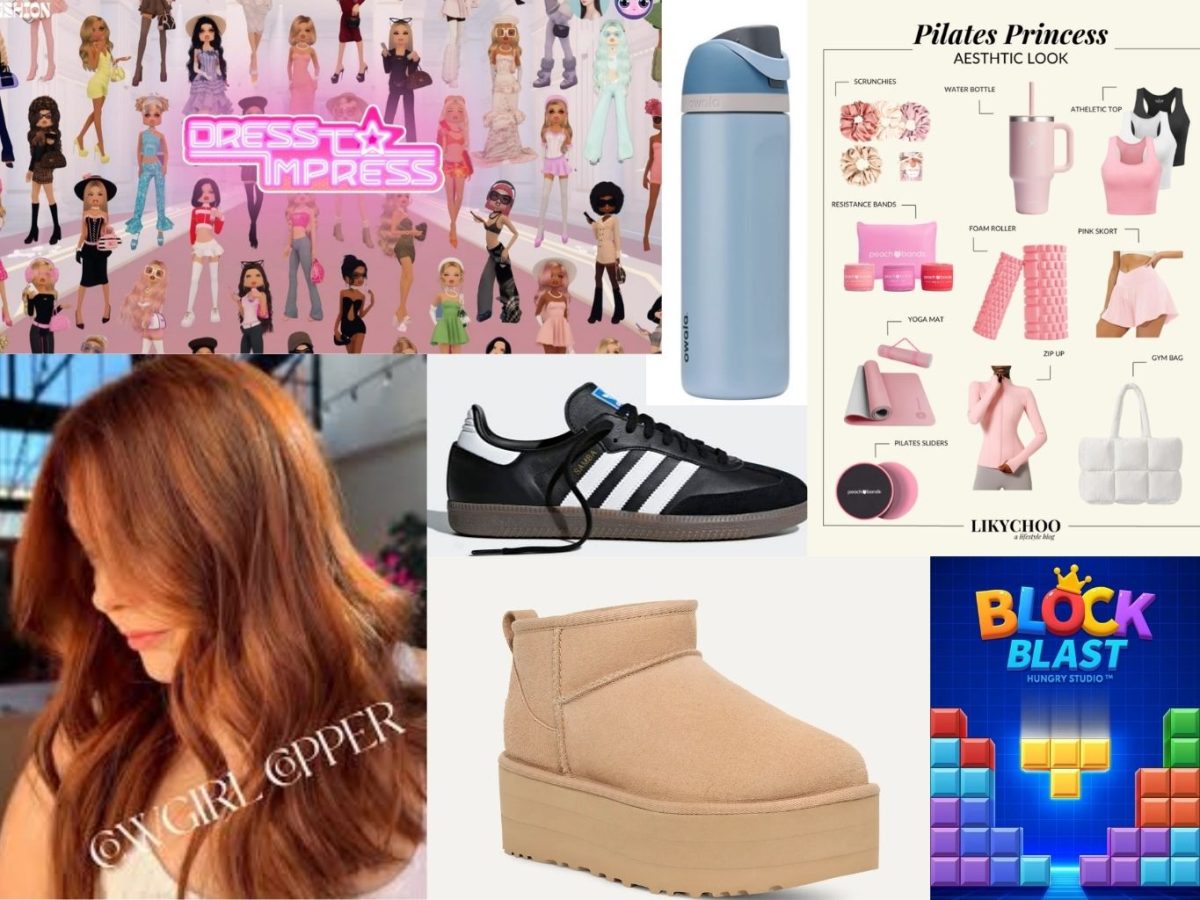The dangers of social media have always existed, but lately, they’ve become a much more significant and evident issue. There are so many issues with social media, especially minors on the internet.
TikTok is a popular social media platform that allows users to post and discover short videos. Because of its immense popularity, many apps, such as YouTube, Snapchat, and Instagram, have added these short videos to their platforms.
These short and personalized videos are killing children’s attention spans. The constant, never-ending scrolling creates an addiction that “shares the same fundamental principles that make gambling on slot machines addictive” (RJT).
There are highly enforced age restrictions against alcohol and substance use, driving, voting, entering casinos, purchasing lottery tickets, and legal working age, while the age limit for TikTok and other platforms is only 12+, which can be lied about very easily.
TikTok has a set of community guidelines but does not always remove videos that violate the guidelines. Many people have found their videos taken down even though they were not against any guidelines. TikTok allows children to access adult content and interact with adult users. Children are exposed to violence, misleading information, sexual content, and substance use.
Additionally, TikTok isn’t just inappropriate and dangerous. It is an easy influence, especially on brains that haven’t been fully developed. The average screen time for children ages 8-12 in the US is 4-6 hours; some teens spend up to 9 hours. Meanwhile, the average screen time on TikTok ranges from 91 to 130 minutes.
In October 2024, 13 states including Illinois, Kentucky, Louisiana, Massachusetts, Mississippi, North Carolina, New Jersey, Oregon, South Carolina, Vermont, Washington, New York, and Washington D.C. filed a lawsuit against TikTok.
They argued that TikTok had violated consumer protection laws and contributed to a teen mental health crisis. It continuously fails to keep children safe on the app with very few consequences.
California’s attorney general said, “TikTok’s internal documents reveal that the company misled the public about what it knew about the addictive and harmful effects of the platform.”
TikTok and social media are easy sources for the youth to experience cyberbullying, loneliness, developing insecurities, and depression. Too much screen time leads to many issues. It can cause sleep problems and mood swings and affect focus levels. These can lead to more serious problems, such as self-image issues, lower grades in school, and anxiety.
Using electronics before bed can affect sleep because “blue light exposure in the evening [which] can suppress melatonin production” (IP). TikTok additionally causes sleep problems because of its distractions and the fact that people often spend time on it instead of resting and sleeping.
Additionally, the current lawsuit highlights TikTok’s use of AI-based beauty filters. According to DBSA, youth often look on social media and see these high expectations and unrealistic standards being set. This creates insecurity and unhealthy relationships with themselves and their bodies and can even impact their relationships with their friends and family. These constant comparisons, worries, and self-consciousness about themselves aren’t safe or okay.
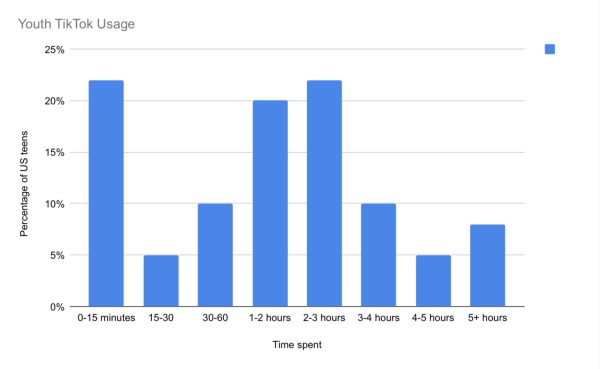 TikTok has already faced many lawsuits and controversy throughout the years. In 2019, the government sued Musical.ly, TikTok’s former name, for COPPA violations. On August 2, 2024, the Justice Department filed a civil lawsuit with the Federal Trade Commission against TikTok for violations of the Children’s Online Privacy Protection Act again.
TikTok has already faced many lawsuits and controversy throughout the years. In 2019, the government sued Musical.ly, TikTok’s former name, for COPPA violations. On August 2, 2024, the Justice Department filed a civil lawsuit with the Federal Trade Commission against TikTok for violations of the Children’s Online Privacy Protection Act again.
According to the Federal Trade Commission, the Children’s Online Privacy Protection Act (COPPA) imposes certain requirements “on operators of other websites or online services that have actual knowledge that they are collecting personal information online from a child under 13 years of age.”
Additionally, TikTok has had many times where the app will be banned. Now, in 2024, the US government will determine whether or not the app will be banned in the US.
The majority of TikTok’s issues are harmful and have a terrible influence on the young generation; however, it can’t be denied that TikTok offers people a safe community and validation. Many people who struggle with loneliness and isolation can find support from others on the app.
Another positive aspect of TikTok is the knowledge and advice it spreads. It teaches people ways to take care of themselves and each other. People can connect with others and meet new people.
However, I believe that the negatives outweigh the positives. Meeting new people can go both ways, and the risk of meeting someone who is dangerous does not feel worth it. The dangers are much more serious and can lead to significant consequences and issues. Other apps are safer and healthier and provide the same support and positivity found on TikTok.
For example, the app ShareSpace is a social network where people can confidentially share situations, problems, and experiences with others and also receive advice. Similarly, Slowly is a digital version of pen pals. People can safely meet new people and find friends and support for those who need it.
Whether or not the app gets banned, it needs stronger, enforced rules, better regulations, and limits on what minors can do. It should be more difficult for kids under 12 to lie about their age, and there should be a different algorithm for younger teens as well.
In conclusion, TikTok has faced many times where the app has almost been banned because of its dangers and risks. This shows the true negativity regarding the app and why something needs to be changed now.


